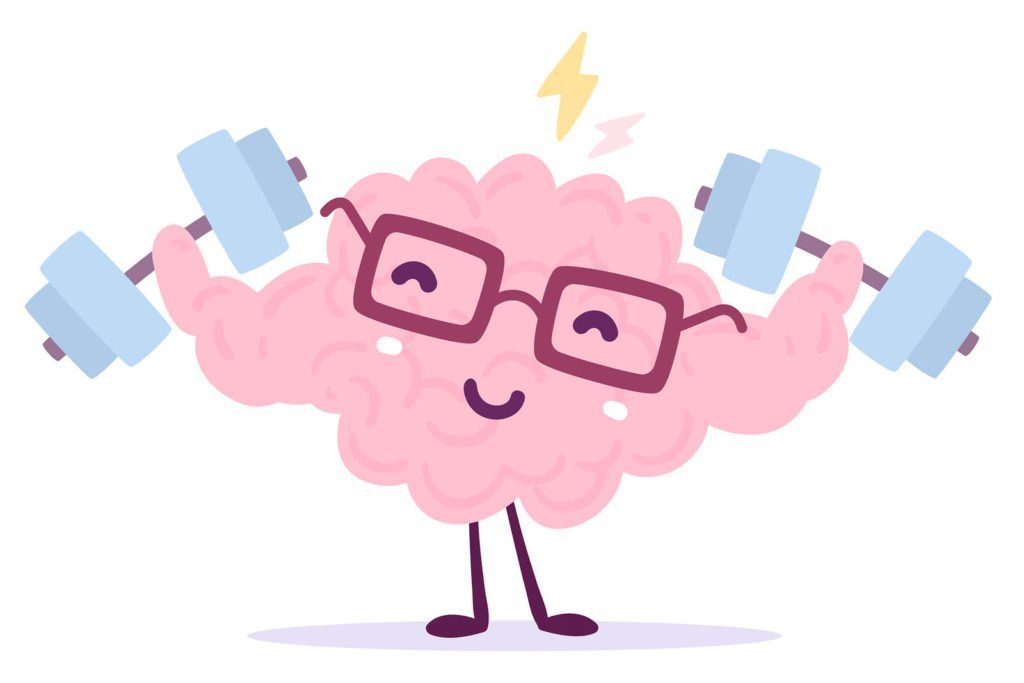These days, our brains are washed with wave after wave of information. The continued onslaught of the “information age” brings with it incredible stress that most of us feel on a daily basis.
Students often tell me how much better they feel after a physically active class. It is well documented that a great workout relieves stress, but further research concludes that workouts including martial arts training may have a more pronounced and longer term affect on our cognitive abilities.

Years of teaching martial arts classes has impressed on me that consistent and longterm practice is key for success in the field. In this way, learning a martial art is not unlike learning a musical instrument, both requiring focused and repetitive practice sessions for the mastery of form and patterns of movement. Additionally, both fields compel learners to reach for a mastery of the way to practice itself to gain mastery of real-world execution.
It is often said that “practice makes perfect”, but this is not a complete statement. In martial arts, music, and beyond, when we practice a technique incorrectly over and over again, this repetition will never teach us to do the technique properly. Perfect practice actually makes perfect. This is a concept that master musicians and martial artists understand implicitly, and it turns out that this understanding could have major implications for the health of our minds.
Recent research shows that when you listen to music, multiple areas of your brain become engaged and active. But when you actually play an instrument, that modest activity explodes across your brain. But, what’s exactly is going on to cause this?
Over the last 30 years, neuroscientists have studied brain activity extensively. In
Martial arts training not only requires visual, auditory, and motor cortex engagement, but often also requires a high level of balance, and sensitivity to both touch and pressure. Further, this all takes shape in a dynamic three-dimensional space. When practicing martial arts, our brains learn to compute complex patterns of interaction in real time. It’s like improvising musically with the entire body!
Looks like martial arts training not only conditions our body, but also our brains. The term mind – body exercise may be more accurate than we knew!
